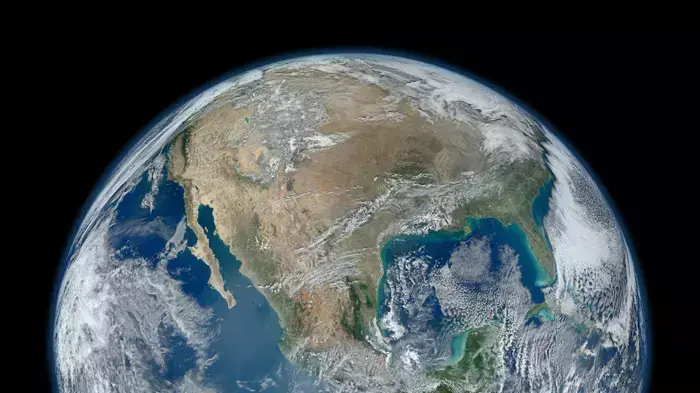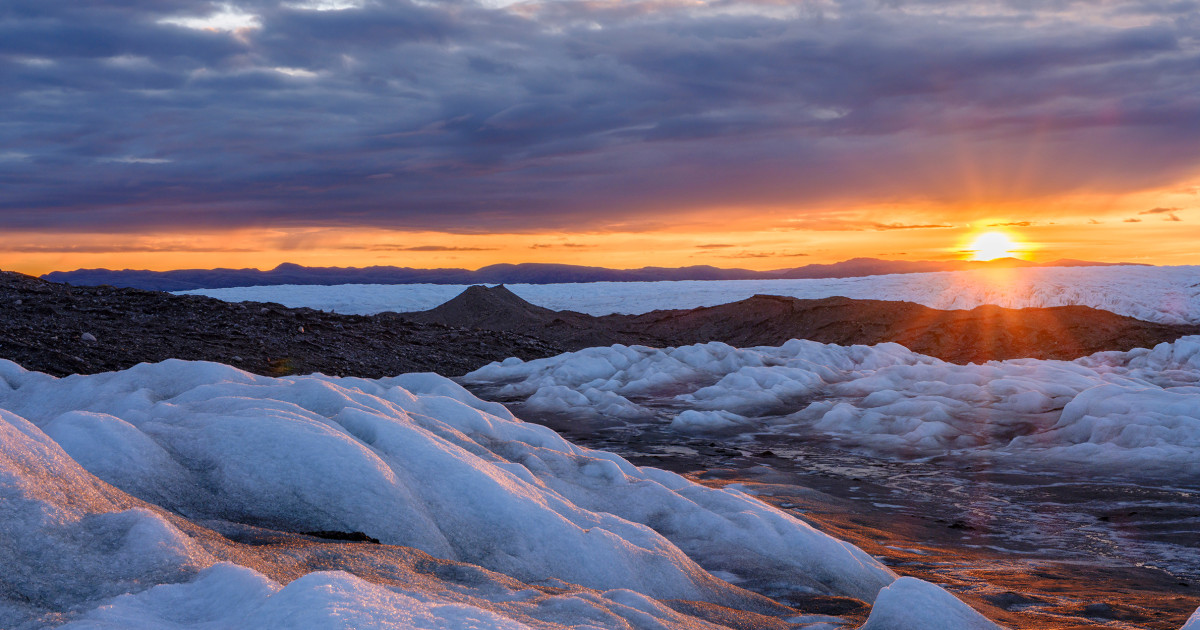Will it affect the clock?
Scientists believe: the Earth is spinning faster
If you feel that the days are shorter, you are not wrong: in recent years the earth rotates faster, so the days are indeed sometimes a little shorter.
How does it affect humanity and will we lose life time?
Lilian dialect
03/08/2022
Wednesday, August 03, 2022, 13:29 Updated: 13:38
Share on Facebook
Share on WhatsApp
Share on Twitter
Share by email
Share in general
Comments
Comments
Spinning faster?
Earth (Photo: AP, NASA)
If you feel recently that the days feel a little shorter, you are not wrong.
June 29 this year was the shortest day on record since the 1960s when ultra-precise atomic clocks began to be used.
As everyone knows, normally, the Earth completes a complete rotation on its axis every 24 hours, which represents a day - a complete cycle of sunrise and sunset as it has been for millions of years, but last June 29, midnight came a little earlier - 1.59 milliseconds earlier than expected .
As everyone knows, normally, the earth completes a complete rotation on its axis every 24 hours (Photo: ShutterStock)
The last few years have produced evidence that the Earth is indeed spinning faster - in 2020, there were 28 of the shortest days in the last fifty years, one of which, July 19, "shaved" 1.47 milliseconds off the 86,400 seconds that make up a day.
On June 26, an even shorter day was recorded - 1.5 milliseconds shortened, similar to the record recorded on the 29th of the same month.
So does the ball really spin faster?
On a cosmic level, one that compresses the time of our existence as a race and also the dinosaurs into events that passed in the blink of an eye, the answer is no.
The Earth, by and large, rotates more slowly.
If we move the clock back 1.4 billion years, a day will be 19 hours, and not 24 hours - so once upon a time, the Earth rotated faster.
The slowdown is caused by the pull of the moon - it slightly affects our globe and somewhat slows down the rotation of the earth.
The International Telecommunication Organization (ITU) actually had to stop the atomic clocks for a second in 2016, to give the Earth time to synchronize with us.
The idea of a "second fix" started in 1972, and the next time will apparently be in December 2022, but since the ball has been spinning a little faster lately, there probably won't be a need for a fix.
good to know (in advance)
The solution to knee pain is closer than ever - thanks to technology in the shoe
Submitted by Apostrophe
The slowdown is caused by the pull of the moon (Photo: Reuters)
So what has been happening in recent years?
When you look at things in shorter time frames and not billions of years, the business gets complicated.
The Earth is not a simple creature: it has a liquid core of molten lava, its crust is a mantle of continents, oceans and glaciers, all of which are in constant motion and change, all of this is covered by a thick layer of gases (the atmosphere), and this whole system also rotates on an axis in space. .. All of these affect the speed of the Earth's rotation, speeding up or slowing down the rate of rotation, in our changes seem minimal.
According to NASA, strong winds such as El Niño can slow the rotation of the globe because they create resistance and lengthen the day in Milesania, while earthquakes have the opposite effect - the earthquake that caused the 2004 tsunami moved enough of a layer of rock to shorten the day by three microseconds. seconds.
Physically, anything that moves matter and pushes it down toward the center of the Earth will speed up the speed of rotation (just as a ballerina who gathers her arms will spin faster in a pirouette), and anything that pushes mass outward from the center will slow it down.
All of these probably affect the length of the day.
how exactly?
still not clear.
If the phenomenon of shortening days continues, we may have to correct a second in reverse - instead of adding a second to the clocks, we will have to skip one, to adjust ourselves to the rotation speed of the ball on which we live.
technology
Tags
Earth











